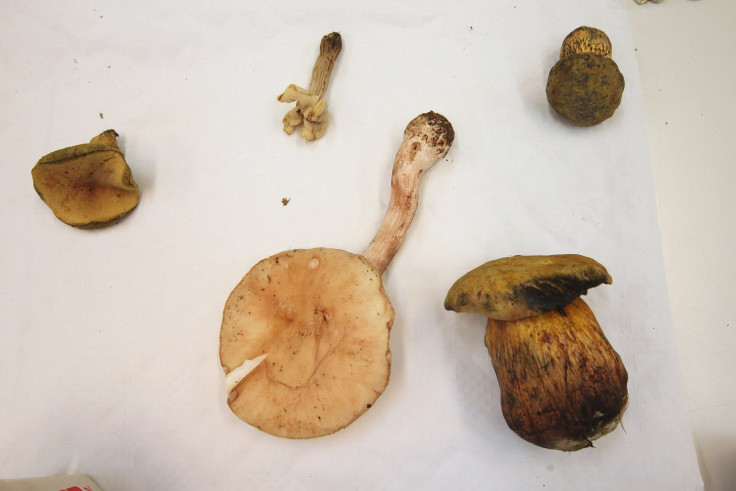What Is Lion's Mane Mushroom? Japanese Mushroom May Have Neuroprotective Benefits

Research suggests that the lion’s mane mushroom, also being labeled as the first “smart” mushroom, could be beneficial for neural and mental health.
Referred to as yamabushitake in Japanese, the bearded mushroom (Hericium erinaceus) is a white fungus, commonly found in woodlands across the world. Science Friday quoted mycologist Paul Stamets as saying, “I describe it as one of nature’s best examples of grace and elegance.”
“When you touch them, each spine is very, very delicate and can bend, but as a conglomerate of thousands of these little spines, they’re quite hefty and firm,” Stamets added. “I believe it to be the first ‘smart’ mushroom.”
Hirokazu Kawagishi, a biochemistry professor at Shizuoka University in Japan, conducted a research into the potential neural benefits of the mushroom. He and his team identified compounds that induced the synthesis of proteins referred to as nerve growth factors, promoting the survival and proliferation of the nerve.
In another small clinical trial, Kawagishi found that after eating soup with the mushroom everyday for six months, six out of seven patients with dementia showed physical and cognitive improvement, Science Friday reported.
In the past, there have been a number of studies that looked into such benefits of the lion’s mane mushroom. In 2009, Phytotherapy Research published a research that found that — in a small group of Japanese men and women, between the age of 50 and 80 — the bearded mushroom helped improve mild cognitive impairment, which dulls a person’s memory and thinking skills.
Another study, published in Biomedical Research in 2010, analyzed 30 women to show that the species could potentially reduce depression and anxiety.
The added positive with the bearded mushroom is its taste. Difficult to find in regular stores, the mushroom decomposes quickly. However, Stamets vouches for their appetizing nature: “They’re super delicious.”



























